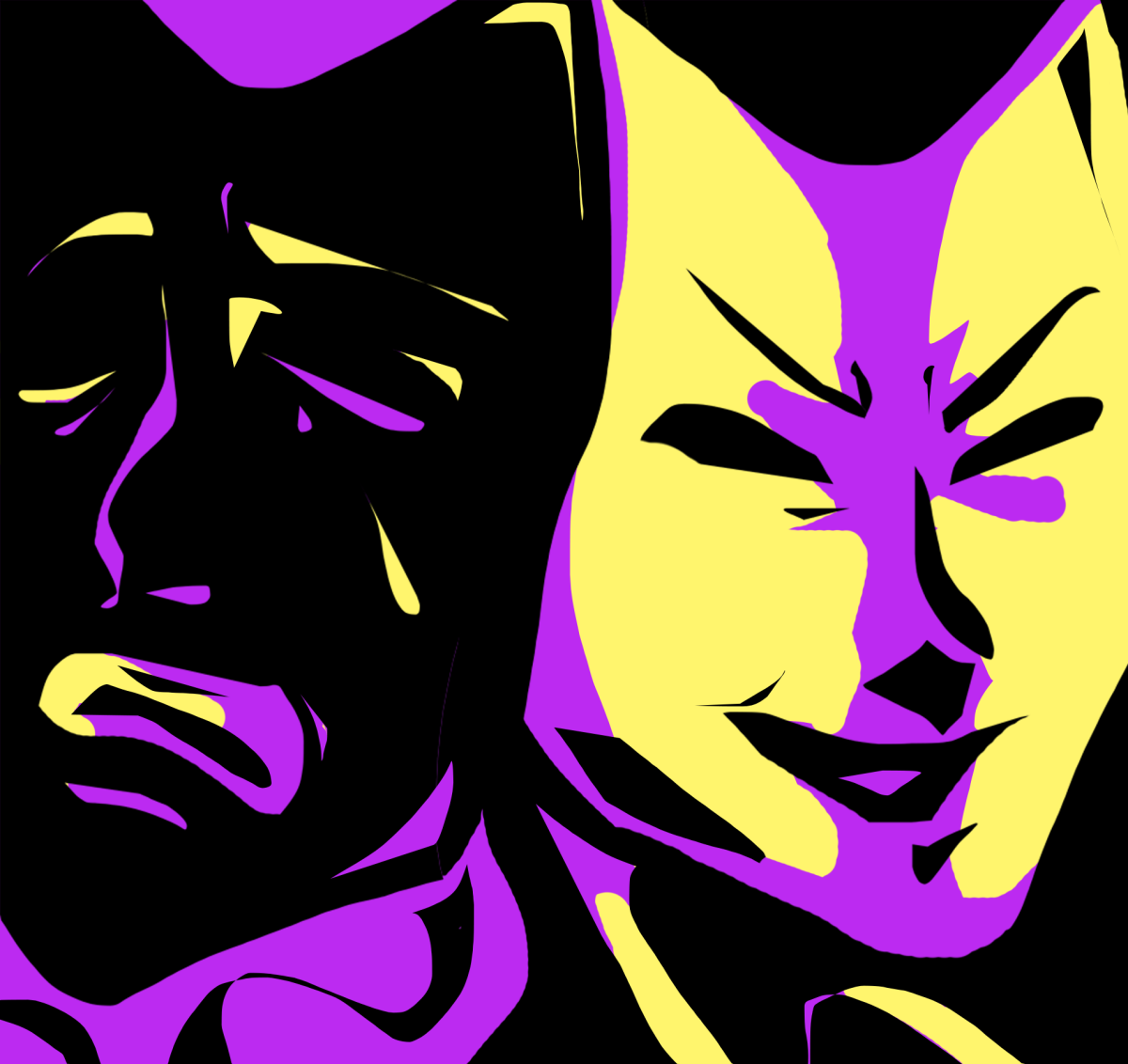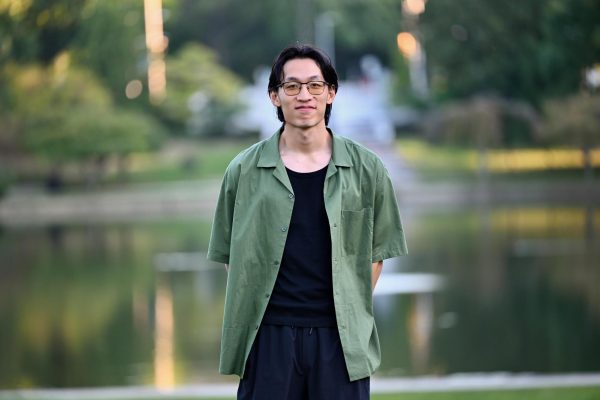On Wednesday, Nov. 29, theater students at Case Western Reserve University reached out to College of Arts and Sciences Interim Dean Lee Anne Thompson, as well as several Department of Theater faculty, with concerns they had about the audition process and overall function of department productions. To consolidate their thoughts, students drafted an open letter which was circulated and signed by more than 60 theater and non-theater majors across campus.
In the letter, students brought attention to the casting choices made for two of the Theater Department’s undergraduate shows, “John Proctor is the Villain” and the department’s first-ever musical “Cabaret.” Some of the leading roles are to be played by students in the Master of Fine Arts (MFA) and Master of Arts programs—and even an alum who was part of the staff casting the show. Students feel that by not casting undergraduate students it “sends the message that the director does not have confidence in the undergraduates’ ability to perform this musical well.”
Students explained that auditions for “Cabaret” were conducted “with large amounts of intentional secrecy towards the undergraduate students.” In one instance, a group of students from the MFA program arrived at the Maltz Performing Arts Center 30 minutes late and were whisked into the Roe Green Theatre for callback auditions. Forty minutes later undergraduate students found out that they would not be progressing to the reading portion of the callbacks, as the director was now busy with MFA students. It is also noted that this is not the first time that MFA and alumni were cast for undergraduate shows—the same thing happened during the 2021 production of “Arcadia.”
To rub salt in their wounds, undergraduate students were promised opportunities to work with MFA professors on MFA productions, which are done at Cleveland Playhouse, but many claim they have yet to actually receive these opportunities. As a result, the fact that MFA students are taking away roles from undergraduates who already have only a limited number of “Eldred Theater” productions is beyond ironic and unfair. As the letter puts it very bluntly: “[T]he situation is that undergraduate students have paid and continue to pay for the opportunity to hone and perform their skills, but have had those opportunities squandered by those who already have their own seasons, of which the undergraduates have never had access to as long as they have been at CWRU.” The payment refers to the fact that MFA students receive a stipend from the Theater Department, while the majority of undergraduate students pay tuition.
In response, Katharine Bakeless Nason Professor in Theater and Drama Jerrold Scott provided a letter acknowledging students’ concerns and sharing his perspective of the situation. Framing the response much like an apology for a lack of transparency, Scott offered some explanation about the “secrecy” of MFA and alumni casting in “Cabaret,” and, more generally, the thought process behind the Department of Theater’s productions. He highlighted the fact that the way these productions are funded the department allows every CWRU student—regardless of their program or affiliation—staff, alumni and “outside guests that have some university affiliation or connection” to participate. Scott further elaborated on the structure of a BA in Theater as compared to a BFA, claiming that “a BFA program, by contrast, requires students to audition to just participate in the program itself, limiting the accessibility of the wider university student to the work significantly, and necessitating that that group of students has very little freedom to choose how they spend their creative time once enrolled.” He goes on to suggest that shows run by student groups such as Players’ Theatre Group and Footlighters are competitors to department productions, highlighting that the department has faced its own frustration from undergraduates. Despite student concerns in the original letter, Scott did little to address ways to improve department productions or the quality of education for undergraduate theater students. Frankly, the response letter was quite defensive, and did not seem to understand the gravity of the situation for undergraduates students, especially those considering a full-time career in theater.
This is not the first time a department has wronged students—and it likely won’t be the last. Between the events incited by President Eric Kaler’s statements regarding the Israel-Hamas war and the continuing challenges between students and administration at the Cleveland Institute of Music, there have been a series of campus-wide instances of students challenging the institution that they pay to attend. The university has an obligation to support its students. The question then becomes what we can do to help in both this specific situation and the other instances of students standing up to administrators.
At The Observer, we are always trying to empower student voices and amplify student perspectives in our work. To see the CWRU community come together with such passionate fervor gives us hope for this next generation of change. On an individual level, it is important to advocate for our peers, whether by signing a petition, attending a protest or listening to an affected friend. While we believe that each student has the right to interpret each situation and come to their own conclusions, we also recognize the importance of listening to our student body and making documentation concerning these issues more widely available.
As the semester draws to a close, we wanted to take this moment to honor our students, faculty and others who have come together to support these causes: changes to campus infrastructure, standing up to administration and advocating for respect and equality for all people. The world—even our small campus community—is unjust, but every small change we make together is a step toward a better future. We hope the feeling of unity and togetherness that has enveloped our campus will be a constant—because thinking beyond the possible requires us to work together, be together and use our shared strengths for good.
Note:
Since the original submission of this article the group of students responsible for the letter have since met twice with members of the CWRU theatre faculty who have been in open communication with the group since the sending of the letter. They have been very receptive to the concerns of the students and have made pledges to improve communication and student representation within the department. Professor Scott has taken responsibility for his actions, and we hope that positive developments will be seen in the near future. The theatre community is thankful for the department faculty who are committed to serving their students in the program by taking our feedback into consideration.




